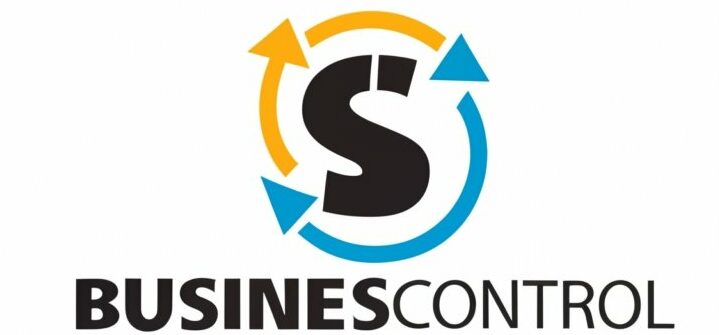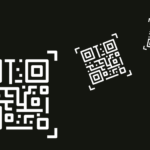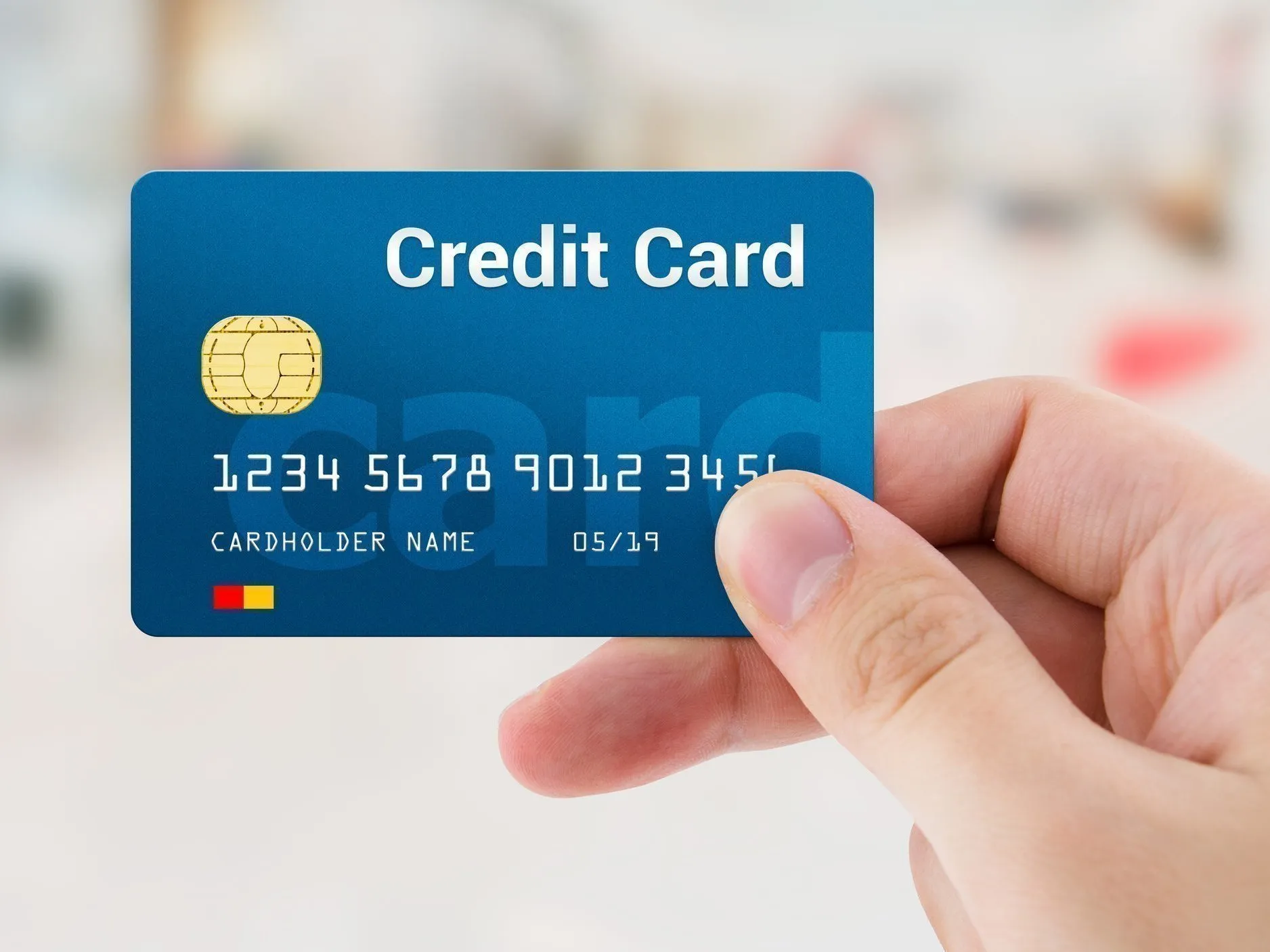Introduction
Credit cards have become an integral part of our financial landscape, offering convenience, flexibility, and rewards. They provide us with instant purchasing power, enabling us to make transactions both in-store and online. However, it is essential to navigate the world of credit cards responsibly, understanding their benefits, drawbacks, and potential pitfalls. In this article, we will explore the pros and cons of credit cards to help you make informed decisions and maximize their advantages while avoiding common financial pitfalls.
Pros of Credit Cards:
- Convenience and Flexibility: Credit cards offer unparalleled convenience and flexibility in making purchases. They eliminate the need to carry large amounts of cash and provide access to funds at any time. Credit cards also allow for secure online transactions, making shopping online a breeze.
- Building Credit History: Responsible credit card usage can help build a positive credit history. Timely payments and maintaining a low credit utilization ratio can improve your credit score, which is crucial for securing loans, renting apartments, and obtaining favorable interest rates in the future.
- Rewards and Perks: Many credit cards offer rewards programs, cashback incentives, airline miles, or other perks for cardholders. By utilizing these rewards wisely, you can earn benefits such as discounts, travel rewards, or cash rebates, effectively saving money on your purchases.
- Emergency Fund and Safety Net: Credit cards can serve as a safety net during emergencies when immediate access to funds is necessary. They provide a line of credit that can be tapped into during unexpected situations or when you face temporary financial setbacks.
Cons of Credit Cards:
- High-Interest Rates and Debt: One of the major drawbacks of credit cards is the potential for high-interest rates, especially if you carry a balance from month to month. Accumulating credit card debt can lead to a cycle of interest charges that can be financially burdensome if not managed responsibly.
- The temptation to Overspend: The ease of using credit cards can lead to impulsive spending and overspending beyond your means. Without proper budgeting and self-discipline, it is easy to fall into a cycle of debt and struggle to repay the outstanding balances.
- Fees and Hidden Costs: Credit cards often come with various fees, including annual fees, late payment fees, foreign transaction fees, and more. These additional costs can add up over time and erode the benefits and rewards associated with credit card usage.
- Potential Impact on Credit Score: While responsible credit card usage can boost your credit score, mismanaging credit card payments or maxing out your available credit limit can have a negative impact. Late payments or exceeding your credit limit can lower your credit score, affecting your financial future.
Tips for Responsible Credit Card Usage:
- Pay in Full and on Time: To avoid interest charges and debt accumulation, aim to pay your credit card balance in full each month. Set up automatic payments or reminders to ensure timely payments and avoid late fees.
- Create a Budget: Establish a realistic budget to track your expenses and ensure that you can afford your credit card payments. Monitor your spending and stick to your budget to avoid overspending and falling into debt.
- Understand Credit Terms and Fees: Read the fine print of your credit card agreements to understand interest rates, fees, and terms of use. Be aware of any potential charges and make informed decisions before utilizing your credit card.
- Avoid Cash Advances: Cash advances on credit cards often come with high-interest rates and transaction fees. It’s best to avoid using your credit card for cash advances unless absolutely necessary.
Conclusion
Credit cards can be valuable financial tools when used responsibly. They offer convenience, financial flexibility, and potential rewards. However, it is crucial to approach credit card usage with caution, understanding the potential drawbacks and pitfalls. By maintaining financial discipline, paying bills on time, and managing your credit wisely, you can maximize the benefits of credit cards while safeguarding your financial well-being.








